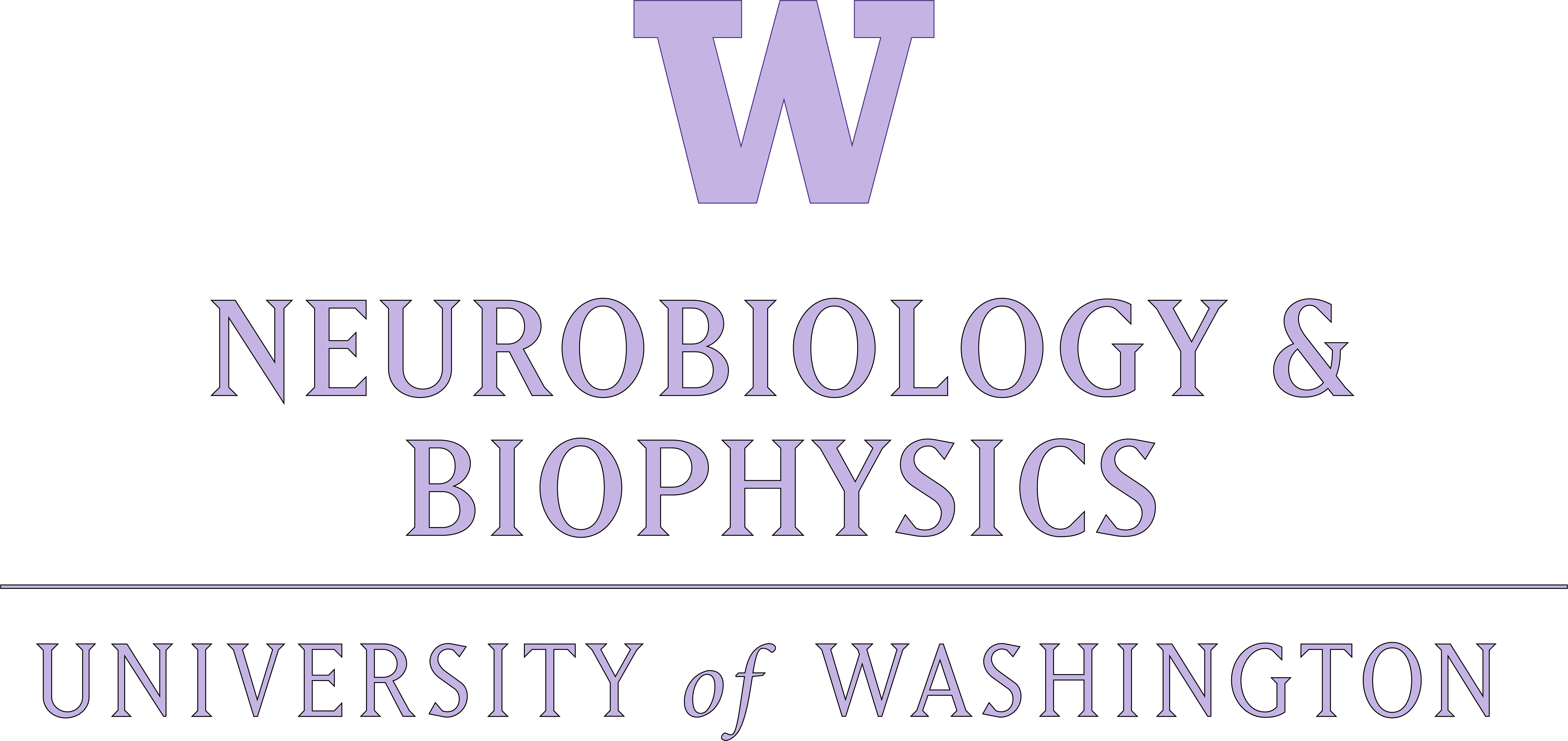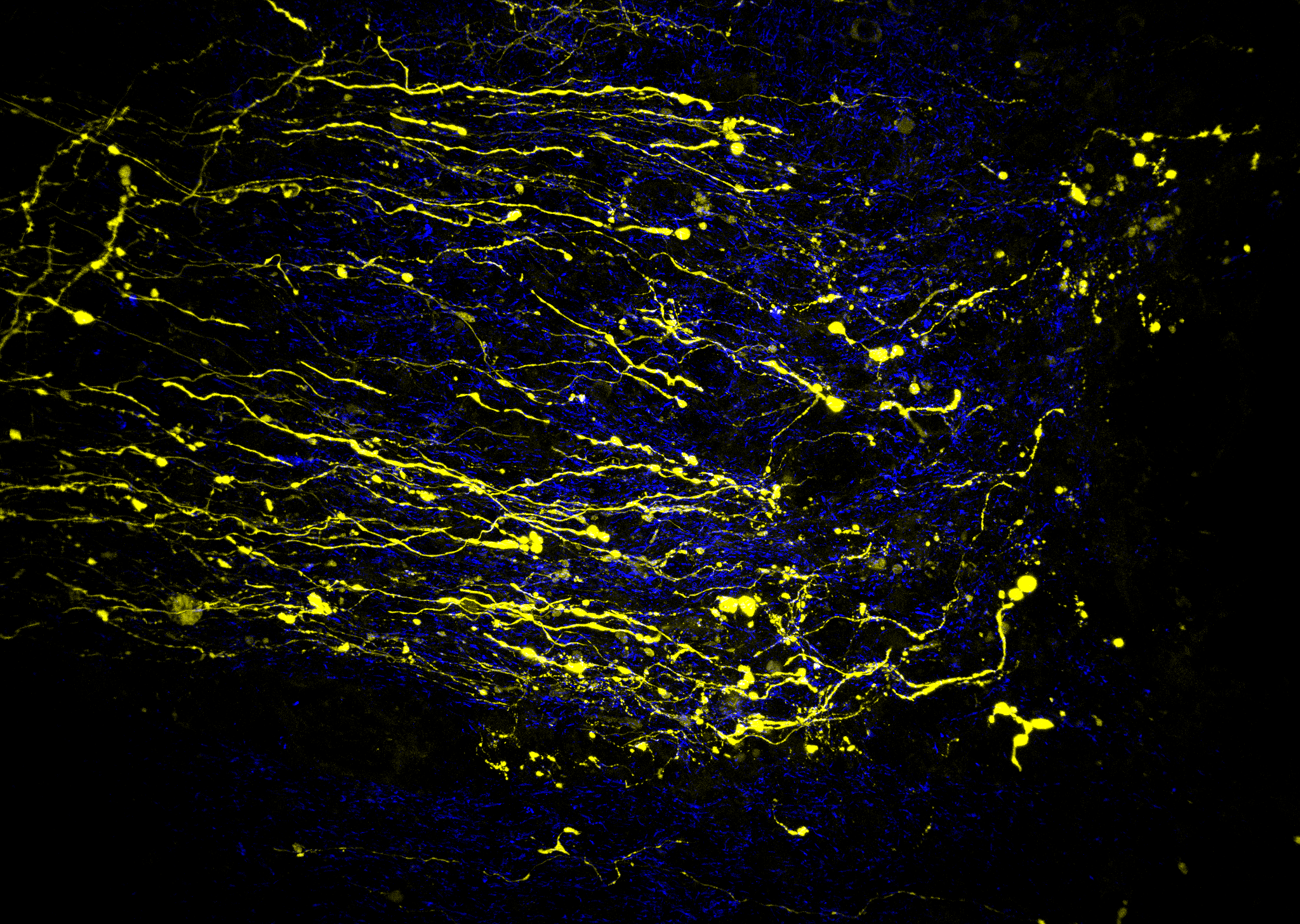Synaptic and Neuronal Physiology
Synaptic Physiology, Synaptic Plasticity, and Neuromodulation in the Hippocampus
A fundamental aspect of brain functioning involves the formation of synaptic connections and their experience-dependent modifications throughout life, along with the continuous modulation of intrinsic neuronal properties to support the brain’s dynamic activity.
Our research explores the molecular and cellular mechanisms underlying the establishment, stabilization, and experience-dependent modification of synaptic connections. We also investigate the intrinsic properties of hippocampal neurons and their regulation by neuromodulators, including acetylcholine and Wnt signaling. By integrating these areas, our work aims to connect fundamental cellular processes with the network dynamics that support memory and cognition.
Synaptic Plasticity, Wnt Signaling, and Regulation of Synaptic Function
NMDA-type glutamate receptors are ligand-gated ion channels that play a pivotal role in synaptogenesis and plasticity by orchestrating the formation, reorganization, and strengthening of synapses. Our research investigates the role and function of different types of NMDARs in transforming nascent synaptic connections onto principal cells into mature dendritic spines. These intricate structures are enriched with scaffolding proteins, signaling molecules, receptors, and ion channels that collectively form the postsynaptic density.
Recently, we identified a novel Wnt signaling pathway in neurons that modulates synaptic NMDAR trafficking, linking this conserved signaling cascade to the dynamic reorganization of synapses. Wnt signaling, a fundamental mechanism in embryonic development, is increasingly recognized for its role in regulating synaptic function. We aim to uncover how this pathway influences not only NMDAR trafficking but also intrinsic neuronal properties and other potential effects on neuronal function. By integrating these findings, our work seeks to advance understanding of the molecular processes that govern synaptic plasticity and neural dynamics.
Neuromodulation of Intrinsic Neuronal Properties
Our research extends beyond synaptic physiology to investigate how intrinsic neuronal properties are regulated by neuromodulators such as acetylcholine. Acetylcholine plays a pivotal role in shaping network dynamics, including theta oscillations, which are essential for memory formation and attentional processes. By integrating these findings with our work on Wnt signaling, we provide a comprehensive perspective on how neuromodulatory mechanisms influence hippocampal circuits. This approach sheds light on the adaptability of neuronal networks and their role in supporting effective cognitive processing.
To address these questions, we employ a combination of advanced techniques, including slice electrophysiology, molecular biology, fluorescence imaging, and cellular and biochemical methods, enabling us to investigate these mechanisms across molecular, cellular, and circuit levels.


